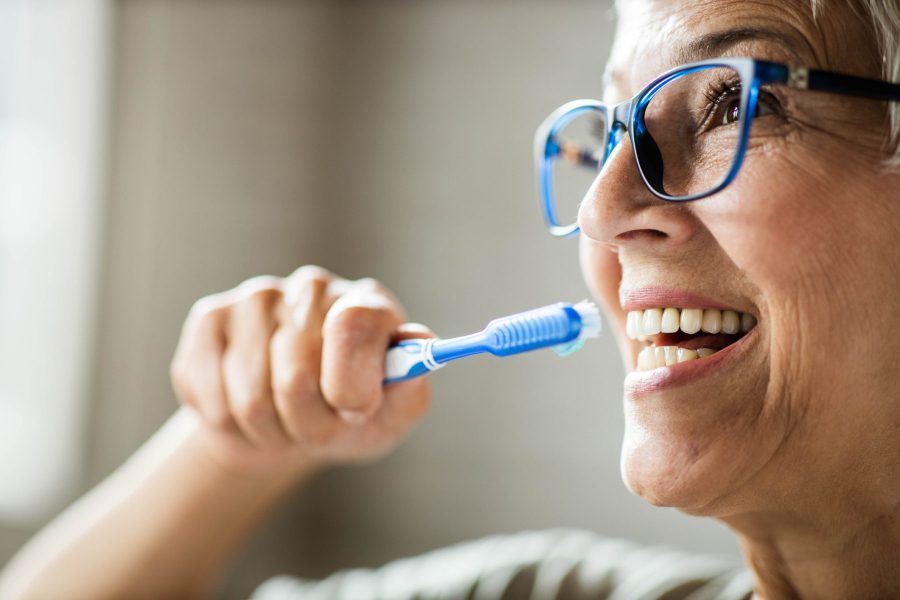Dental bridges can be a great way to restore your bite and smile after tooth loss. With proper care and maintenance, a dental bridge in Cary, NC, could last up to fifteen years. But if you fail to clean or protect your bridge, you may need a replacement in as little as five years. Taking care of a dental bridge isn’t that much different from caring for your natural teeth. While there are a few changes you need to make, you don’t have to worry about changing your hygiene routine too much.

How to Care for a Dental Bridge in Cary, NC
The pontics (fake teeth) of a dental bridge are often made of durable porcelain material. While the porcelain can withstand normal biting pressure, it can still suffer from damage. Porcelain is also less susceptible to the effects of plaque and tartar. However, your surrounding natural teeth and gums can still become diseased or decayed. When you first get your bridge, your dentist will give you a list of aftercare instructions. Following these care tips could help increase the longevity of your new restoration.
Brushing and Flossing
With a dental bridge, it’s important to brush and floss your teeth, especially around the edges of your bridge. You can continue to brush your bridge using a soft bristle brush, either manual or electric. When flossing, however, it’s important to use the right tools and reach all parts of your gum. Your dentist can help recommend a specific kind of floss or threader that can help clean around and under your bridge. Keeping your neighboring teeth and gums healthy is often key to extending the life of your bridge.
Routine Exams
While a dental bridge is designed to be durable, it can still suffer damage. However, not all damage is easily noticeable. During your routine hygiene appointments, your dentist will examine your dental bridge to check for any signs of concern. If they do find a problem, early intervention and treatment are often best to prevent the need for a new bridge. Depending on what the issue is, your dentist may be able to address it during your appointment. If not, they’ll get you scheduled as soon as possible to help ensure your bridge is safe and secure.
Dietary Restrictions
For most patients with a dental bridge, there are limited dietary restrictions. While you may need to avoid particularly hard or gummy foods, especially in the first day or two after treatment, you can generally enjoy your normal diet. However, there are a few things to avoid if you want to help extend the life of your bridge. For example, it’s often best to avoid chewing directly on hard foods or surfaces (such as ice) with your bridge. Practicing good chewing habits could help ensure your bridge lasts as long as possible.
If your dental bridge does suffer damage or comes loose, treatment may be available to help restore it. Call our office today at 919.823.7107 to schedule a consultation and learn more about how to care for your dental bridge.
